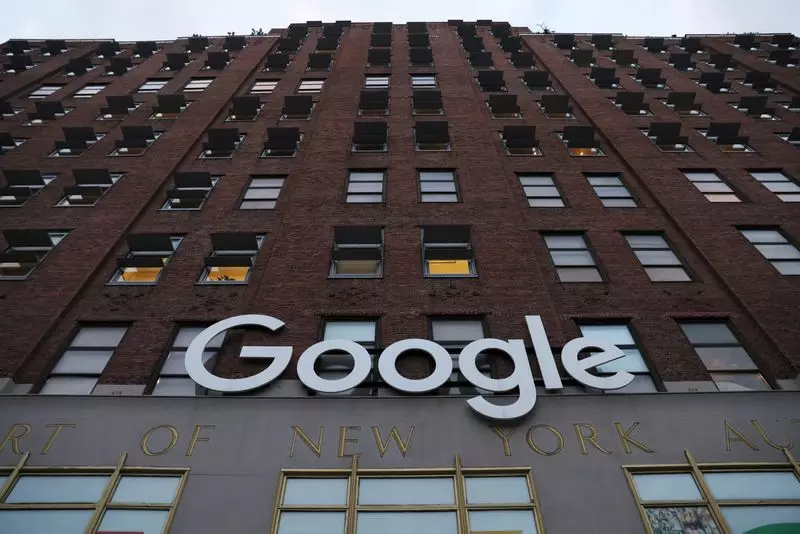In a significant move that threatens the traditional operations of one of the largest tech giants, Alphabet’s Google, the U.S. government has signaled its intent to potentially force the company to divest parts of its business due to allegations of maintaining an illegal monopoly in online search. The Justice Department’s recent assertions in a court filing highlight the seriousness of the situation, suggesting that the outcome of the case could dramatically alter the framework through which Americans access information on the internet. With Google currently handling an overwhelming 90% of internet searches in the U.S., scrutiny over its market dominance has intensified, leading to calls for accountability and reform.
As the case unfolds, U.S. District Judge Amit Mehta’s ruling in favor of antitrust enforcers marks a pivotal win, invigorating efforts to regulate Big Tech’s expansive reach. The Justice Department is expected to present its proposals by November 20, at which point Google will have the opportunity to suggest alternatives or counter-proposals by December 20. The impending deadlines are crucial, as they will set in motion negotiations that could result in fundamental changes to how Google operates and competes in the market.
The evolution of this case is critical, as it raises the potential of a breakup of Google’s vast services, which could include divesting from its Chrome browser or artificial intelligence operations. Such measures have been championed by various competitors aiming to level the playing field. For example, Yelp, which has actively engaged in litigation against Google, argues for restrictions preventing Google from prioritizing its local business pages over competitors in search results. This situation prompts a broader discussion about the fairness of digital competition and the ways in which prominent companies can leverage their resources to maintain an advantage.
Adding their voices to the conversation, smaller search engine companies like DuckDuckGo have advocated for regulatory actions that would foster competition. They propose that Google should be mandated to license its search results, enabling rivals to create products that can stand on equal footing. Such propositions underscore the concerns that monopolistic practices stifle innovation and choice, ultimately compromising consumer interests.
Moreover, the co-CEO of adMarketplace, Adam Epstein, delineated the significance of potential divestiture as a tool for regulators. He emphasized that such a threat could serve as leverage to encourage Google to comply with more moderate remedies, reflecting a realistic approach to antitrust enforcement. The mere possibility of divestiture looming over Google’s operations may push the company to reconsider its strategies and engage in more equitable practices.
As the legal proceedings progress, the outcome holds substantial implications for the digital marketplace. The balance between a thriving tech ecosystem and monopolistic practices is at stake, and it remains to be seen whether the regulatory actions will effectively dismantle an entrenched monopoly or lead to more collaborative solutions within the industry. The anticipation is palpable, with stakeholders from various corners of the tech landscape watching closely. The unfolding situation represents not only a challenge for Google but also a critical examination of the future of online information access for consumers across the United States.

